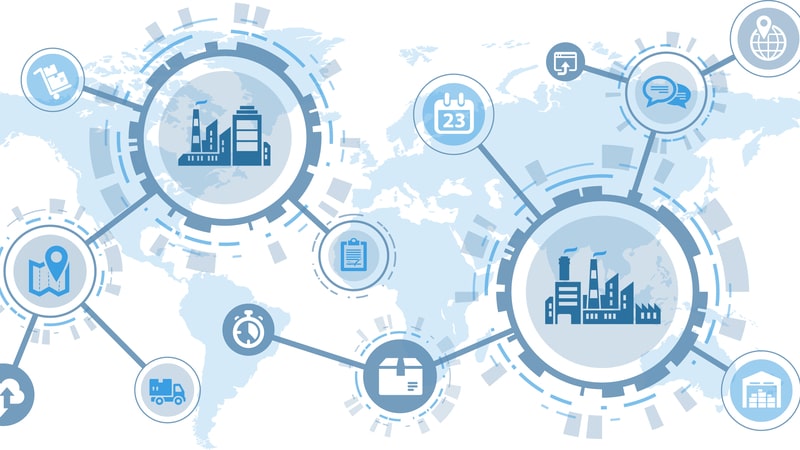
The Department of Commerce’s Bureau of Industry and Security (BIS) is fielding responses to its request for comment (RFC) on risks confronting the information communication technology (ICT) supply chains.
The Information Technology Industry Council (ITI) – a global technology advocate that promotes public policies and industry standards – provided feedback to the RFC, suggesting that the U.S. government develop policies and legislation to protect the ICT supply chain and to take a whole-of-government approach to supply chain security.

“Of paramount importance to ITI and its member companies is our shared commitment to address risks to global information and communications technology supply chains and national security more broadly,” ITI wrote. “We believe that ICT supply chain resiliency can be enhanced through targeted policy measures aimed at incentivizing R&D, developing the domestic workforce, working with partners and allies, and streamlining supply chain security policymaking, among other things.”
Among other recommendations, ITI says that Congress should act to fund the Creating Helpful Incentives for the Production of Semiconductors (CHIPS) for America Act, as well as enact a stronger version of the Facilitating American Built Semiconductors (FABS) Act.
ITI says the Federal government should:
- Work to make investing in critical technologies a national priority;
- Address the impacts of tariffs;
- Streamline supply chain security policymaking activities;
- Designate a lead supply chain risk management agency;
- Differentiate how ongoing activities interrelate with each other; and
- Remain in close contact with the Federal Acquisition Regulation (FAR) Council to ensure the introduction of new domestic preferences in the U.S. procurement don’t undermine efforts taken under executive order 14017 to promote resiliency and benefits with global supply chains.
Tech industry companies providing comment on the RFC include Microsoft and HP, Inc. Microsoft offered that the U.S. should work with allies and like-minded countries to coordinate ICT trade policies. Additionally, Microsoft said that specific policy recommendations are important in ensuring a resilient ICT supply chain.
HP, meanwhile, said the U.S. should create a more robust electronics ecosystem that will require long-term efforts and investment in infrastructure capacity over the years, and take policy actions to ensure there are secure sources in the U.S. to meet ICT needs such as:
- Prioritizing ICT ecosystem projects in the Manufacturing Supply Chain Resilience Fund;
- Fostering trade relationships with allies;
- Reassessing China 301 tariffs on ICT components; and
- Alleviating port bottlenecks and shipping challenges.
